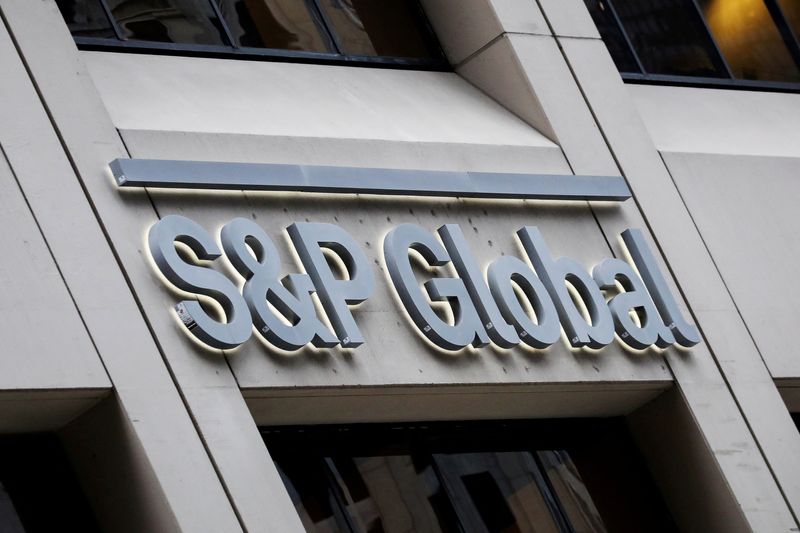By Carolyn Cohn
LONDON (Reuters) -S&P Global has raised its view of the global reinsurance sector to stable from negative, it said on Tuesday, due to higher reinsurance rates and increasing investment income, while rival Moody's (NYSE:MCO) kept its outlook for the sector stable.
The COVID-19 pandemic, war, inflation and climate change-fuelled natural catastrophes have put upward pressure on reinsurance rates in recent years.
U.S. property catastrophe reinsurance rates rose by as much as 50% at July renewals, broker Gallagher Re said in a recent report, with states such as California and Florida increasingly hit by wildfires and hurricanes.
S&P Global pointed in a note to rising rates and tighter terms and conditions when policies in reinsurance - insurance for insurers - were renewed during 2023. S&P Global said this "resulted in the hardest market in decades" in some lines of business.
Reinsurance rates are likely to continue to rise in all lines of business next year, according to a Moody's survey of global property and casualty reinsurance buyers released this week, partly due to claims inflation.
Buyers see percentage rises in the mid-single digits.
The reinsurance industry holds its annual conference in Monte Carlo next week, when insurers and reinsurers start to hammer out deals for the next year.
Analysts at S&P Global and Moody's also told media briefings on Tuesday that they expected rates to rise further in 2024, after reinsurers took the brunt of catastrophe losses in recent years.
"There is momentum there for price increases," said Moody's analyst Laline Carvalho-Neff.
Moody's said healthy balance sheets also supported its stable view on reinsurers, though it said reinsurers remain vulnerable to large catastrophe losses.

Insured losses stemming from natural catastrophes rose to $50 billion in the first half of 2023, the second-highest reading since 2011, reinsurer Swiss Re (OTC:SSREY) said last month.
"Challenges such as elevated natural disasters, increasing cost of capital, financial market volatility, and inflation risk persist," S&P Global added.